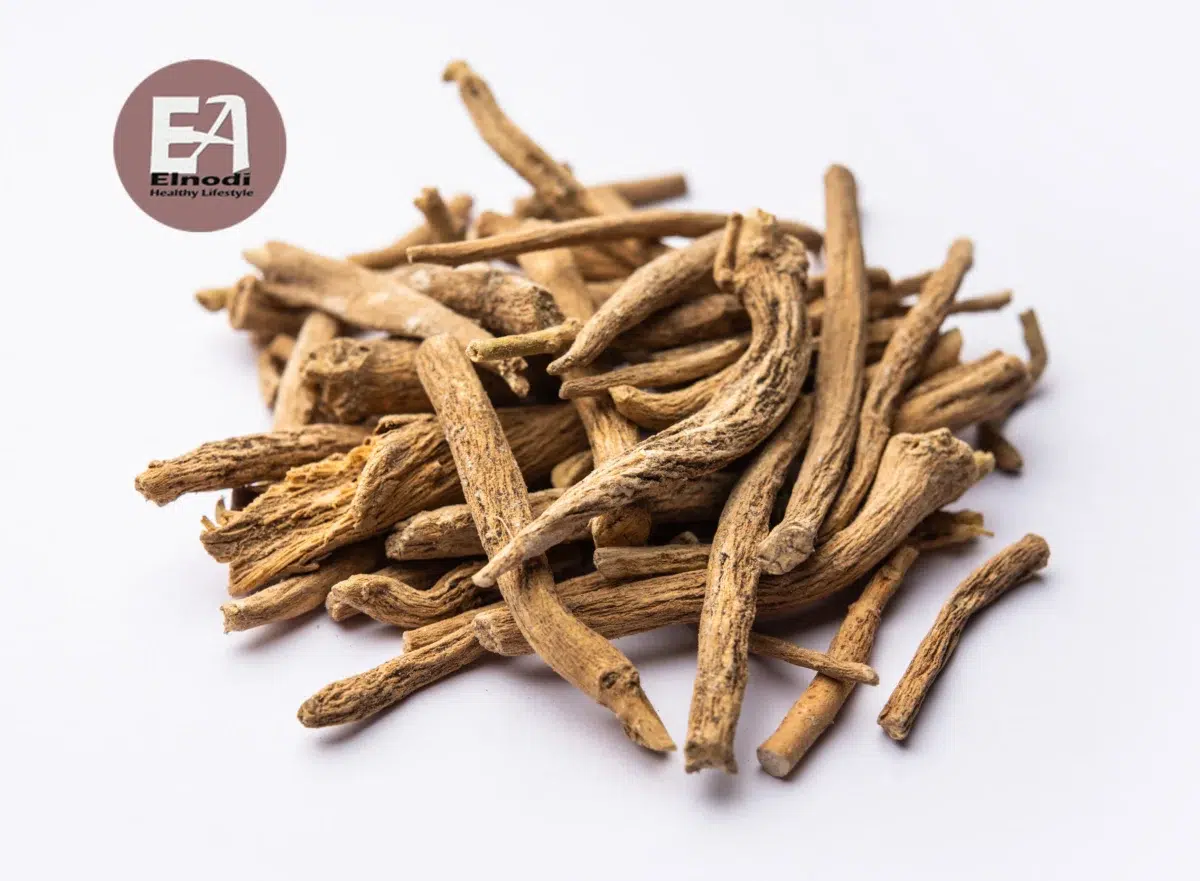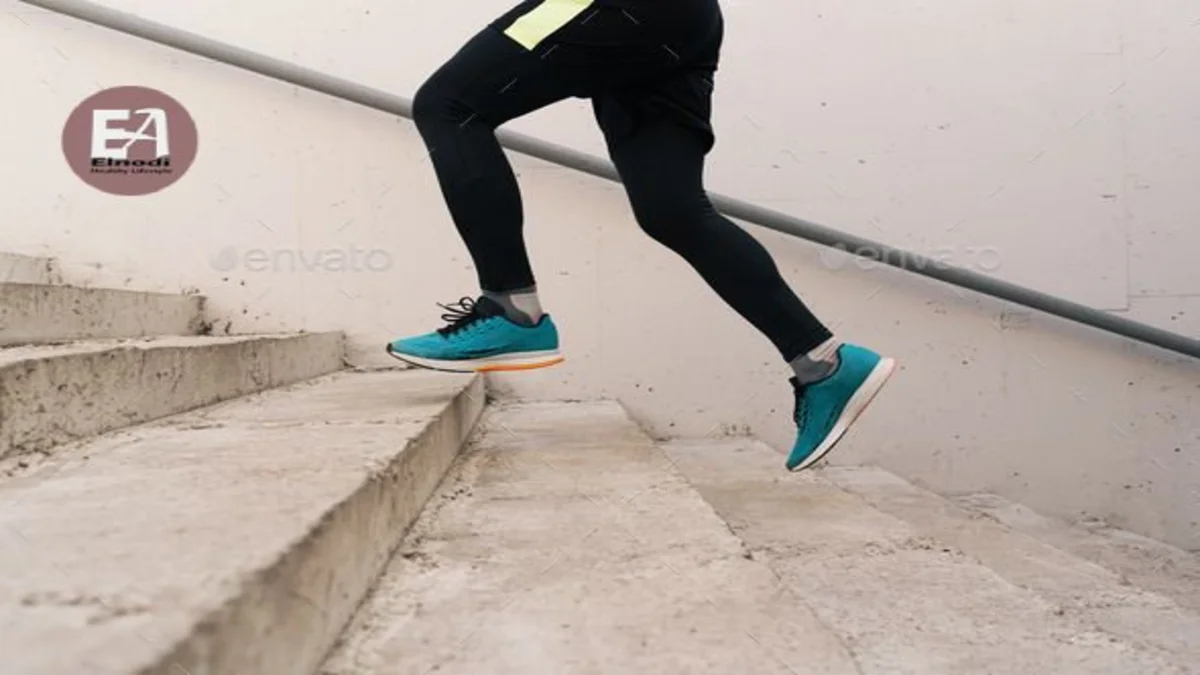How to Increase Stamina? Unlock Your Endurance Potential Now with these practical tips and exercises. Take your fitness to the next level and reach new heights of endurance!
Having good stamina is essential for overall health and fitness. Whether you’re an athlete, a fitness enthusiast, or just someone looking to improve your energy levels, increasing your stamina can have a positive impact on your daily life. Various factors can affect your stamina, including diet, exercise, and lifestyle choices.
What is stamina?
Stamina is the magical combination of energy and power that allows you to stay physically active for longer periods. Higher stamina allows you to move more while using less energy.
Endurance is required for practically any type of physical activity, from a quick sprint to a strenuous HIIT workout—even a romp between the sheets.
Increased stamina will allow you to push yourself during workouts, complete more tasks without becoming fatigued, and, dare we say it, enjoy being active in all aspects of your life.
How to Increase Stamina?
1. Exercise consistently

When you’re exhausted, you’re more inclined to think, “I need to lay down,” rather than, “I need to get up and move my body.” However, frequent exercise is essential for increasing stamina and providing an energy boost.
A 2017 study discovered that exhausted volunteers might boost their energy levels following 6 weeks of exercise intervention.
Exercise also produces endorphins, which make you feel less tired. Endorphins, according to studies, aid in reducing discomfort during exercise by suppressing pain and replacing it with a sense of satisfaction.
2. Eat a balanced diet.
A well-balanced meal is essential for maintaining energy throughout workouts and the day in general. Aim to eat largely whole foods, such as fruits and vegetables, protein, and healthy fats, while reducing sugar and processed meals.
Don’t forget the carbohydrates. Carbohydrates are sometimes demonized, yet they are a vital part of a healthy diet, especially when exercising.
A 2015 study discovered that eating carbohydrates a few hours before working out can boost energy, improve performance, and keep you from feeling exhausted right away.
Because carbohydrates are our bodies’ primary fuel source, whole grains, potatoes, pasta, and rice should account for one-third of your diet.
3. Stay hydrated

Dehydration can cause weakness, weariness, and mental exhaustion.
Research has shown that staying hydrated before, during, and after exercise can improve performance, delay weariness, and reduce injuries. You should always drink the recommended amount of water throughout the day.
However, keep in mind that excessive hydration can also have harmful consequences.
According to research, being overly hydrated might hinder performance and elevate stress levels, in part because it can leave you feeling quite full and force you to urinate more frequently.
While water is your best bet, some studies have indicated that low-sugar sports drinks with electrolytes can improve performance and stamina.
4. Take a shot of caffeine.
Caffeine has been demonstrated to boost workout performance and energy.
According to one study, mixing caffeine and carbs boosted performance by 9% when compared to simply drinking water and 4.6% when compared to just consuming carbs.
Other studies indicated that consuming coffee reduces the feeling of effort, allowing you to work harder.
5. HIIT it
While longer workouts are sometimes advised to increase stamina, evidence suggests that shorter, more intense exercise blocks, such as HIIT sessions, maybe more beneficial. According to a 2018 study, a 20-minute HIIT workout can increase endurance twice as much as cycling or jogging.
Another study discovered that by increasing the maximal oxygen intake, HIIT-based running programs significantly enhanced endurance runners’ athletic performance.
Make your own HIIT circuit or try this bodyweight-only HIIT exercise.
6. Mix in some plyometrics.
Plyometric exercises, which involve explosive motions that require you to apply maximal force in brief periods, are like the cheetahs of exercise.
A 6-week plyometric training program enhanced the performance of female soccer players in a 2016 study in terms of endurance, jumping, sprinting, and change of direction.
To get you started, here are 18 plyometric exercises!
7. Reduce the intensity by practicing yoga and meditation.
Your level of stamina will be lower while you’re under a lot of stress. This is where yoga and meditation come into play; they can both aid in lowering stress and anxiety levels, which can enhance endurance and increase stamina.
In a 2016 study, 27 medical students who practiced yoga and meditation for six weeks reported feeling less tired and more resilient, together with a significant decrease in stress.
8. Change things up, but maintain consistency.
Even if the concept of a “fitness plateau” is largely unfounded, research indicates that our bodies will ultimately stop improving (also known as making gains) if we just engage in one kind of exercise.
On the other hand, making frequent changes can impede progress. What then should a person do? Make time for a workout you enjoy three or four days a week to achieve the greatest gains in stamina.
Change up the workout program when you start to discover that you’re not progressing or losing motivation.
If you’re into HIITs, consider switching up the exercises every week or experimenting with different times—try 15 minutes one day, 45 the next. If you enjoy running or cycling, incorporate some shorter speed intervals into your long-distance training.
Here, consistency in attending your workouts is crucial. If you persevere, your endurance will emerge from extremely perspiring ashes like a regal phoenix.
9. Give rest and recuperation priority
Plan time for rest after working so hard. It nearly seems like the opposite of what it says.
However, increasing stamina indeed requires receiving the right quantity of sleep. According to one study, getting too little sleep can make you feel tired sooner than you would if you got the recommended amount of sleep.
Furthermore, obtaining enough sleep at night is not the only issue. When exercising, you ought to take breaks in between sets as well. Research has also been done on the advantages of different recovery methods in between workouts. It’s essential to give your muscles time to recover between exercises and sets to avoid inflammation, stiffness, and muscle damage.
10. Ashwagandha

One herb utilized for general health and energy is ashwagandha. It can also be used to lower stress and improve cognitive function. It has also been demonstrated that ashwagandha increases energy. For 12 weeks, 50 physically fit adults took 300 mg ashwagandha capsules as part of a 2015 study. Compared to the placebo group, they saw a greater increase in cardiorespiratory endurance and overall quality of life.
Conclusion
Remember that experiencing energy ebbs and flows is normal as you concentrate on boosting your levels. You can’t expect to be performing at your best all the time. Always pay attention to your body and take breaks when necessary. Refrain from exerting yourself to the point of fatigue.
You might want to consult a doctor if you feel like you’re doing everything to improve your stamina but nothing seems to be working. If you have any underlying health conditions that are influencing your performance, your doctor can find them. Remain committed to your ideal strategy for general well-being.
FAQs
Which foods can help increase stamina?
How long does it take to increase stamina?
Which juice is good for your stamina?
How can I get instant energy?
Black coffee
bananas
Apples
Oatmeal with honey and milk





